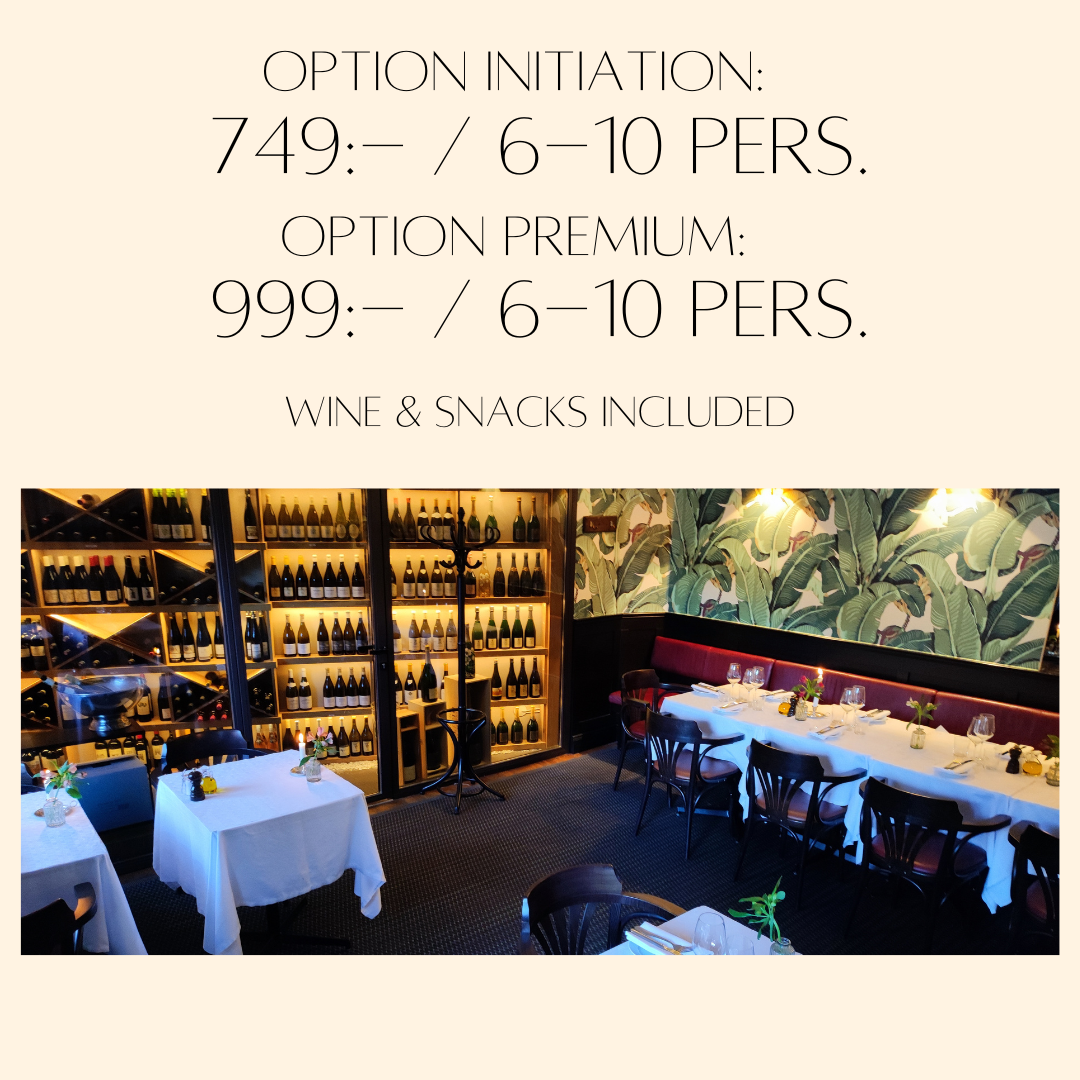-

Construction project
Describing movements and shapes; giving instructions; building tactics; commenting choices.
Ask your way ! -

Fantasy quest
Following instructions; facing random events; commenting data collected; discussing tactics.
Make assumptions ! -

Finding your way
Following the rules; moving around a map; controlling the area; planning ahead.
Plan ! -

Police inquiry
Studying a police case; analysing the crime scene; interviewing suspects; building hypothesis.
Analyse ! -

Space mission
Optimisation of resources; trajectory to calculate; facing events; estimating probabilities.
Optimise ! -

Living on an island
Debating modification of the rules; proposing alternatives; voting for the best suggestion.
Negotiate ! -

Science-Fiction
Teamwork; exploiting the ongoing data; cracking a code; escaping the imminent danger.
Under pressure... -

your perfect living environment
Building an ideal place from a set of components; make it playtest.
Create a setting !




